NASA Glenn develops automated flywheel pulse-and-glide system; improving fuel economy up to 40-100%
Green Car Congress
DECEMBER 27, 2013
Innovators at NASA’s Glenn Research Center have developed an automated pulse-and-glide technique using a flywheel energy storage system for on-road vehicles; the technology, which NASA Glenn says can improve fuel economy over existing internal combustion or battery hybrid systems by 40-100%, is available for licensing.


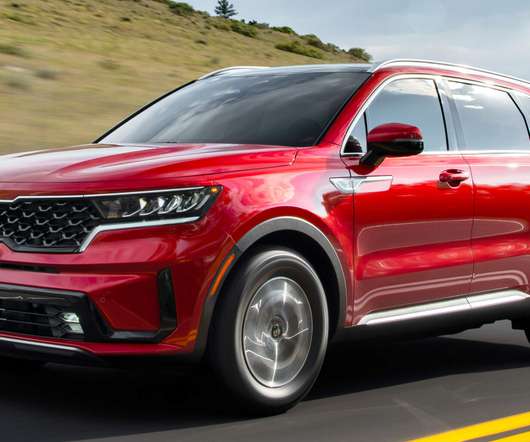


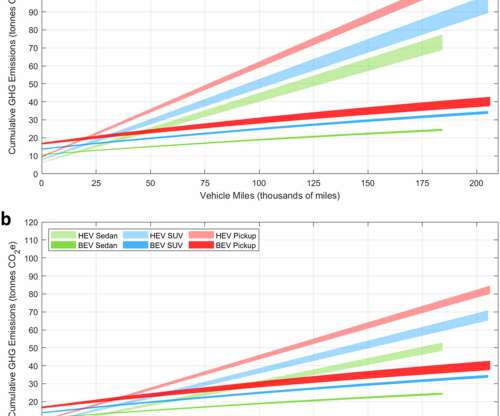



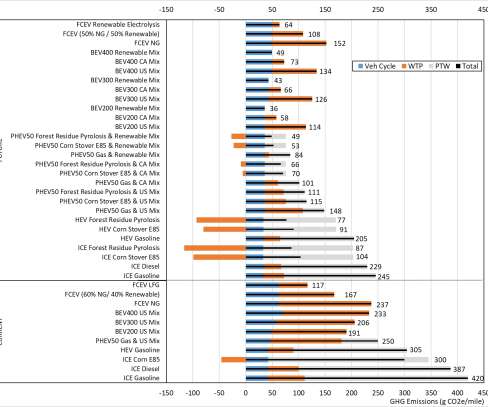








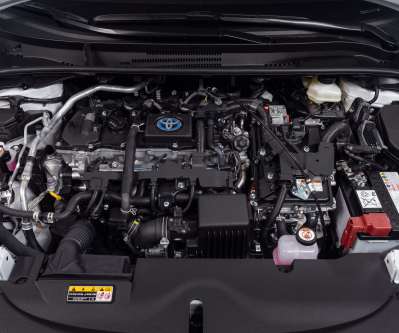

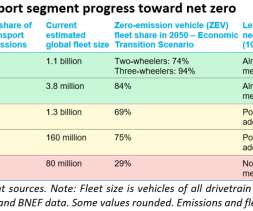



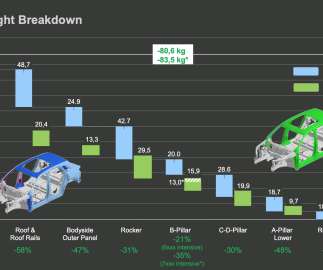

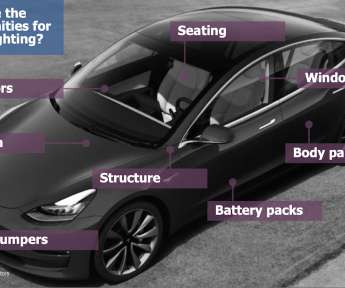







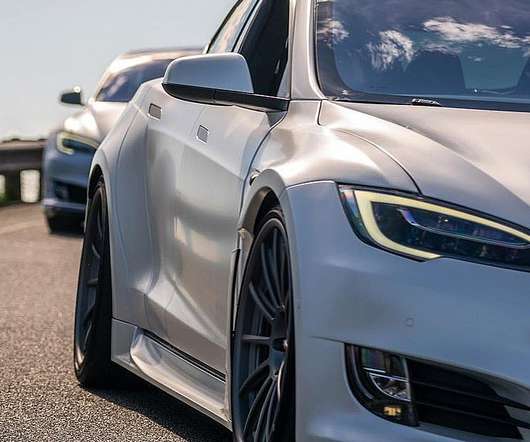
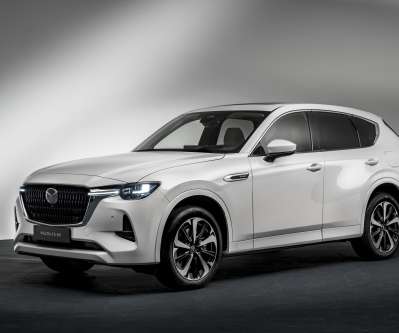







Let's personalize your content